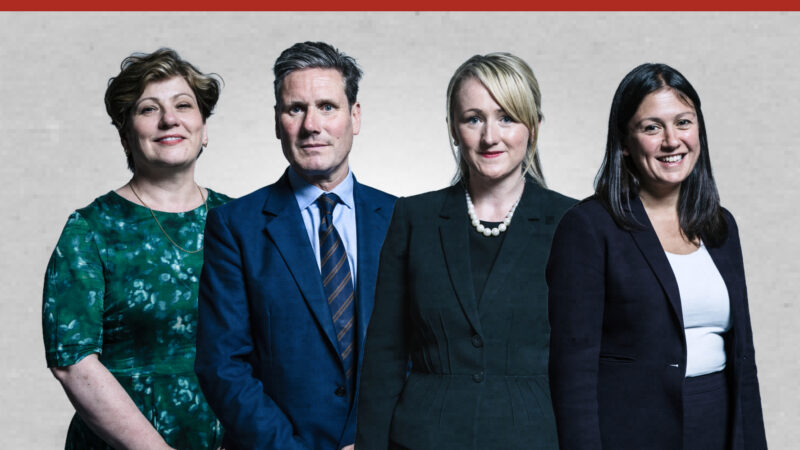
Internal party structures are the talk of the Labour leadership race at the moment. Perhaps this reflects that, with Labour set to be in opposition for the next few years, the newcomer’s most immediate area of influence will be the party itself. Keir Starmer yesterday unveiled eight reforms to make the party “open, respectful, creative and engaging” – from scrapping the current disciplinary body to create an independent complaints process, to ending the imposition of parliamentary candidates by the national executive committee. Interestingly, the pretty extensive proposals from the Camden MP make no mention of open selections, an issue that has become a key dividing line for other candidates. Rebecca Long-Bailey and Lisa Nandy have come out for and against open selections respectively, and the issue provided a battleground for the two in the latest leadership hustings in Cardiff. But Starmer has so far been unwilling to commit either way, and LabourList understands that any reference to improving the selection process in his recent proposals do not refer to reform of the trigger ballot or a move towards open selections.
Long-Bailey pitched in on internal party matters with a criticism of Labour in the last general election, citing “mismanagement and bad organisational culture”. She said that Labour staffers were “let down” at the election as the party targeted the wrong seats. The Salford and Eccles MP promised a review of the defeat, including the role of Labour HQ. She also heavily implied that cronyism exists within current hiring practices, declaring that promotions under her would be based on “what you know, not who you know”. The leadership candidate has reportedly made calls to both Seb Corbyn, son of Jeremy, and Laura Murray, daughter of Andrew, to assure them this wasn’t a reference to their employment.
Long-Bailey has penned her thoughts on local government for LabourList today, as part of our local government week. In the piece, she vows to help councils fight the government using community organising, and advocates local democratic control of schools, more public health and youth services, helping councils insource public services, and using public procurement to support supply chains and creating local jobs. All of this would be enabled through a devolution of powers to local authorities backed by more funding – specifically going beyond simply reversing past cuts. Notably, Long-Bailey also suggests the party should have a discussion about the regressive nature of council tax.
Her offer for local government differered to the one put forward by fellow leadership contender Emily Thornberry yesterday, which focused more on the internal support for councillors. We will be seeing the other candidates detail their plans for local councils throughout the rest of the week. As well as Long-Bailey’s piece this morning, LabourList also has a contribution from Andrew Gwynne, who has taken aim at the government’s so-called ‘fair funding’ review. Make sure to keep an eye on the LabourList website today as we have a jam-packed agenda of great content – in particular, we are continuing with the local government focus by taking a look at the importance of investing in local leadership.
Sign up to LabourList’s morning email for everything Labour, every weekday morning.



More from LabourList
Economic stability for an uncertain world: Spring Statement 2026
‘Biggest investment programme in our history’: Welsh Labour commit to NHS revamp if successful in Senedd elections
James Frith and Sharon Hodgson promoted as government ministers